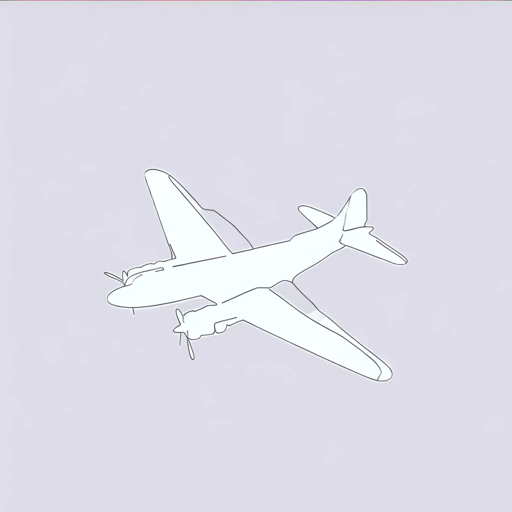52 pages • 1 hour read
Gregory A. FreemanThe Forgotten 500: The Untold Story of the Men Who Risked All for the Greatest Rescue Mission of World War II
Nonfiction | Book | Adult | Published in 2007A modern alternative to SparkNotes and CliffsNotes, SuperSummary offers high-quality Study Guides with detailed chapter summaries and analysis of major themes, characters, and more.
Important Quotes
“One of the last untold stories of World War II is also one of the greatest. It’s a story of adventure, daring, danger, and heroics followed by a web of conspiracy, lies, and cover-up.”
(Introduction, Page xi)
These are the book’s opening lines. Operation Halyard remained an “untold” story into the early 21st century in large part because of Soviet espionage inside British and American intelligence agencies both during and after the war. American airmen, Chetnik soldiers, and Serbian villagers supply nearly all of the “adventure,” “daring,” and “heroics” while the Nazi occupation of Yugoslavia constitutes the omnipresent “danger.”
“He could remember the cold terror that gripped his whole body as he held his breath and hoped a German patrol would pass by the young American and the girl he loved, the desperation of just wanting to get out of danger, to just get over the border, to get back home.”
(Chapter 1, Page 9)
George Vujnovich studied in Yugoslavia in the late 1930s and early 1940s and later went on to direct Operation Halyard. In this passage, Vujnovich is thinking about the downed airmen trapped behind enemy lines in Yugoslavia and remembering his own harrowing experience of trying to escape Yugoslavia while evading the Nazis and getting Mirjana to safety.
“The advice was completely wrong, but the officer believed it and was trying to be helpful.”
(Chapter 3, Page 27)
When Tony Orsini was briefed on his upcoming mission, he was told to seek out Tito’s Partisans and avoid Mihailovich’s Chetniks. This advice was the result of lies perpetrated by Communist agents in the upper echelons of Allied intelligence. Both during the war and afterward, Orsini and the other downed airmen encountered hundreds of well-meaning individuals who simply believed what their own government told them and thereby repeated anti-Mihailovich lies.

